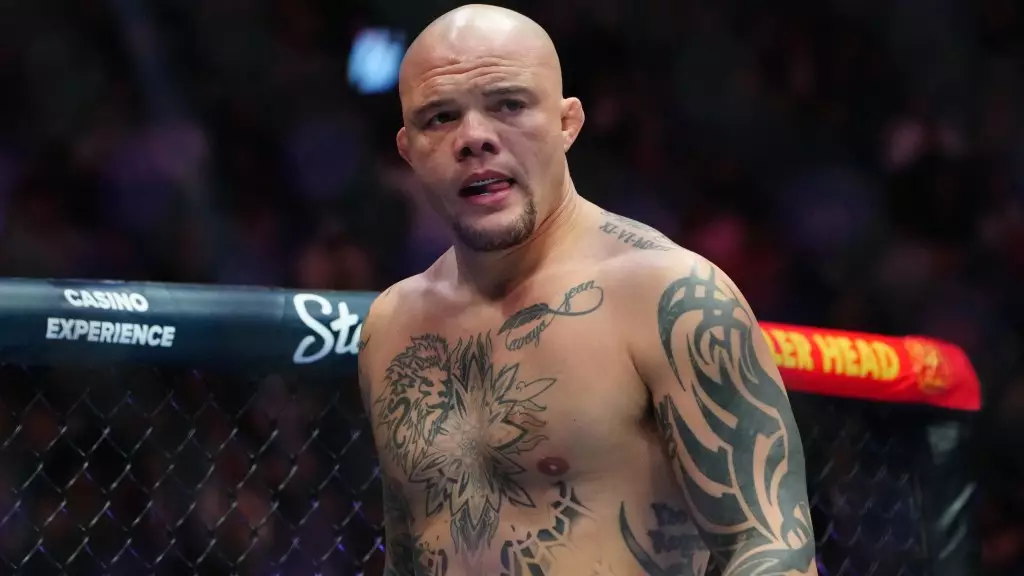The world of mixed martial arts (MMA) often invites strong opinions, especially when discussing the toughness and resilience of its athletes. Recently, King Green weighed in on a controversial statement made by former UFC champion T.J. Dillashaw regarding Anthony Smith. Dillashaw’s comments, which suggested that Smith lacked heart and would never reclaim a UFC championship, have ignited a conversation about the complexities of a fighter’s will to compete.
Dillashaw’s assertion that Smith will never hold the title of UFC champion because he occasionally shows signs of quitting raises essential questions about what it means to have “heart” in the cage. King Green argues that accusing someone of lacking heart after they have competed at the highest levels, as Smith has across his 50-plus fights, requires a deeper understanding of the fighter’s journey. Green highlights that Dillashaw may not fully grasp the toll that continuous competition takes on an athlete’s mental and physical state.
Heart, in the context of MMA, cannot be measured solely by victory or defeat in the octagon. It encompasses a fighter’s ability to withstand injuries, push through adversity, and confront the psychological pressures of high-stakes competition. Smith’s experiences, including his authored narratives of struggle and determination, affirm that he possesses an undeniable resilience that transcends technical skill alone.
Each fighter enters the octagon with their unique mindset, often shaped by personal experiences, training backgrounds, and the challenges they have faced. Smith’s fight against Jon Jones for the light heavyweight title in March 2019 serves as a pivotal example of his fortitude. Despite taking a knee strike that many believed should have been deemed illegal, Smith did not tap out; he continued the fight for five rounds, ultimately losing by unanimous decision. This match underscores the essence of heart—staying in the fight against overwhelming odds despite the physical and mental anguish involved.
Dillashaw’s record of 18 wins and 5 losses may not offer the complete perspective necessary to judge fighters like Smith. The qualitative experiences derived from Smith’s 50 fights suggest that he has honed an intrinsic understanding of resilience, one that Dillashaw might not fully appreciate. The mental strain known internally by experienced fighters presents a side to their battles often unseen by those on the outside, highlighting the idea that quitting is sometimes a manifestation of enduring pain rather than a simple lack of will.
As Smith prepares for what could be the final fight of his career against Zhang Mingyang at UFC Fight Night, a renewed perspective is essential. Viewing a fighter’s heart through the lens of their journey, rather than isolated instances of perceived failure or vulnerability, fosters a more nuanced understanding of what it means to be a competitor in such a grueling sport. Regardless of the outcome of his next fight, Smith’s legacy will be shaped by his courage, the adversity he has faced, and his continued pursuit of excellence in the sport.
It’s prudent to recognize that a fighter’s heart cannot be quantified through records alone. It is woven into the very fabric of their experiences, trials, and unwavering commitment to the sport they love.

